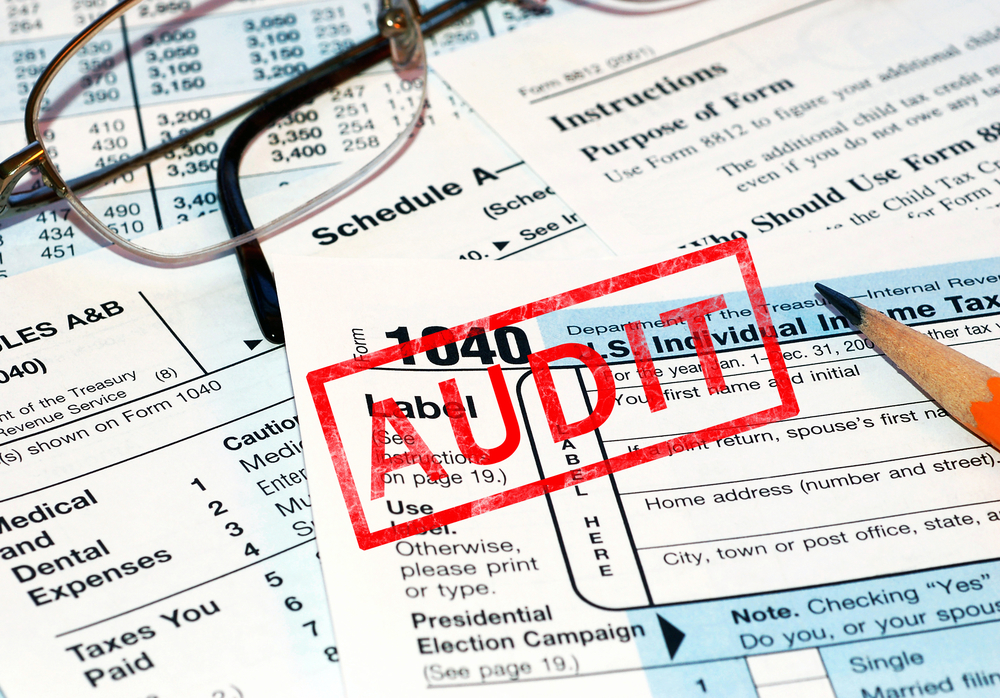If you are contacted by the IRS, it’s not likely that you will escape without some kind of money being owed. They try to be very sure of their chances of being legally correct before they chase someone for money.
And if they figure out that you owe extra taxes, you may even be assessed some kind of IRS penalties. The type of deficiency the audit uncovers will have a direct result on the type of tax audit penalties faced by the taxpayer. There is a way, however, to have the penalties removed or, at the very least, lessen the blow – consult a professional tax defense representative.
Tax Penalties Related to Accuracy
If the inaccuracy on your filed taxes is substantial, not only will you owe the rest of the correct amount, but you could also be assessed a 20% penalty (on the underpaid amount). If the case is extreme, however, that penalty could increase to 40% of the underpaid amount.
Additional Accuracy – Related Penalties
These are the types of penalties that could be the result of an audit by the IRS (amounts and percentages vary):
- Reportable transaction related understatements
- Substantially understating an estate or a gift
- Substantially understating pension liabilities
- Substantially misstating a property value
- Substantially understating your taxes
- Disregarding IRS regulations or rules
- Disregard or negligence of regulations
What If I Fail to File My Taxes?
Late filing of your taxes can result in the following penalties:
- Up to a maximum of 25%, every month that the taxes are late, you could be charged 05% of the unpaid tax.
- For taxes 60 days late or more, $135 can be the minimum penalty charged.
- If you pay late, but you filed on time, up to 25%, for each month that you owe, 0.5% of the tax you owe could be charged. This is all reduced by 4.5% if both penalties for failure to file are assessed.
If after an audit, you don’t pay, for each month the taxes are not paid, a penalty of 0.5% will be assessed. Once the IRS issues the notice, you have 21 days before your payment is considered late.
An additional 3% could be added to your penalty amount (just to add insult to injury) if the results of an audit determine civil fraud, fraudulent failure to file taxes, or accuracy – related penalties. Interest will be added to that if you don’t pay within 21 days – for a $100,000 or less penalty. You only have 10 days, however, if the penalty exceeds $100,000.
Other Types of Tax Penalties
Here are some additional types of tax penalties and their approximate/possible fines/penalties:
- Tax evasion – $100,000 or five years in prison.
- Fraudulent return filing – $100,000 fine or three years in prison.
- Willful failure to keep records or pay estimated taxes – $25,000 or one year in jail.
- Fraudulently failing to file a tax return – $25,000 or one year in jail.
- Civil fraud – a penalty of 75%.
If you are facing IRS audit penalties, obtaining representation by one of the professionals at Tax Defense Partners is one of the smartest moves you could make. Nationwide, we have helped thousands of clients with our efforts to assist them in saving money on back taxes, interest, and tax penalties. Contact us today to see how we can help you.

